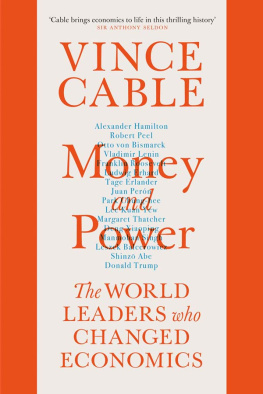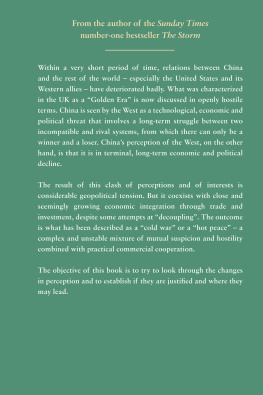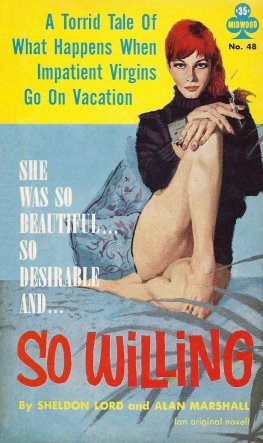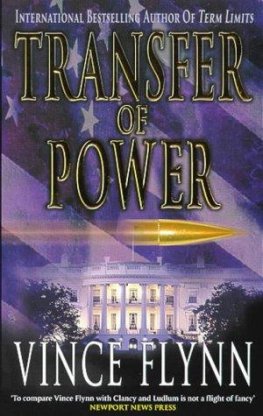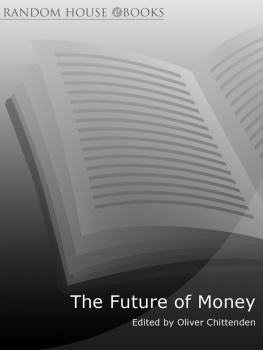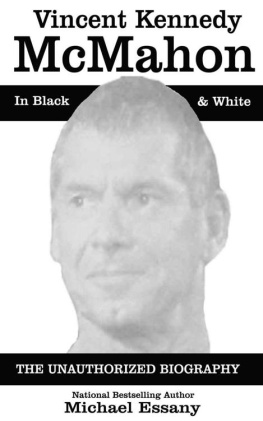Vince Cable - Money and Power
Here you can read online Vince Cable - Money and Power full text of the book (entire story) in english for free. Download pdf and epub, get meaning, cover and reviews about this ebook. publisher: Atlantic Books, genre: Politics. Description of the work, (preface) as well as reviews are available. Best literature library LitArk.com created for fans of good reading and offers a wide selection of genres:
Romance novel
Science fiction
Adventure
Detective
Science
History
Home and family
Prose
Art
Politics
Computer
Non-fiction
Religion
Business
Children
Humor
Choose a favorite category and find really read worthwhile books. Enjoy immersion in the world of imagination, feel the emotions of the characters or learn something new for yourself, make an fascinating discovery.
- Book:Money and Power
- Author:
- Publisher:Atlantic Books
- Genre:
- Rating:3 / 5
- Favourites:Add to favourites
- Your mark:
- 60
- 1
- 2
- 3
- 4
- 5
Money and Power: summary, description and annotation
We offer to read an annotation, description, summary or preface (depends on what the author of the book "Money and Power" wrote himself). If you haven't found the necessary information about the book — write in the comments, we will try to find it.
Money and Power — read online for free the complete book (whole text) full work
Below is the text of the book, divided by pages. System saving the place of the last page read, allows you to conveniently read the book "Money and Power" online for free, without having to search again every time where you left off. Put a bookmark, and you can go to the page where you finished reading at any time.
Font size:
Interval:
Bookmark:

MONEY
and
POWER
SIR VINCE CABLE was MP for Twickenham for 20 years and is former leader of the Liberal Democrats. He was Secretary of State for Business, Innovation and Skills and President of the Board of Trade in the five years of the Coalition government from 2010 to 2015. Before entering Parliament he had a variety of roles as an economist in government, international organisations, academia and business, latterly as Chief Economist at Shell. He is Visiting Professor in Practice at the London School of Economics and the bestselling author of The Storm: The World Economic Crisis and What It Means. He has also published After the Storm: The World Economy and Britains Economic Future and the autobiography Free Radical.
and
POWER
The World Leaders
Who Changed Economics
VINCE CABLE

First published in hardback and trade paperback in Great Britain
in 2021 by Atlantic Books, an imprint of Atlantic Books Ltd.
Copyright Vince Cable, 2021
The moral right of Vince Cable to be identified as the author of this work has been asserted by him in accordance with the Copyright, Designs and Patents Act of 1988.
All rights reserved. No part of this publication may be reproduced, stored in a retrieval system, or transmitted in any form or by any means, electronic, mechanical, photocopying, recording, or otherwise, without the prior permission of both the copyright owner and the above publisher of this book.
Every effort has been made to trace or contact all copyright-holders.
The publishers will be pleased to make good any omissions or rectify
any mistakes brought to their attention at the earliest opportunity.
2 4 6 8 10 9 7 5 3 1
A CIP catalogue record for this book
is available from the British Library.
Hardback ISBN: 978 1 78649 510 5
Trade paperback ISBN: 978 1 78649 511 2
E-book ISBN: 978 1 78649 512 9
Printed in Great Britain
Atlantic Books
An imprint of Atlantic Books Ltd
Ormond House
2627 Boswell Street
London
WC1N 3JZ
www.atlantic-books.co.uk
The ideas of economists and political philosophers are more powerful than is commonly understood. Indeed, the world is ruled by little else. Practical men, who believe themselves quite exempt from any intellectual influences, are usually the slaves of some defunct economist.
John Maynard Keynes, The General Theory of
Employment, Interest and Money (1936)
Almost every political question has an economic aspect and almost every economic question has a political aspect.
Charles P. Kindleberger, Power and Money (1970)
Politics of Economics
Economic policy making is not just a technical matter for economists. Through the actions of political leaders, it has the power to change millions of peoples lives for better or worse. It is at the centre of the decision making that every world leader needs to make. And it defines the legacy they leave behind.
Political leadership matters in economic policy. Policy may have its origins in economic theory and analysis of past experience. But it is politicians who put it into practice, who oversee it and who are judged by its results. None of the current leaders of the USA, China, Japan, India or the main European countries are professional economists but they all defined their leadership objectives largely in economic terms. They are now being tested and judged by their performance. This is even more true when the world is reeling from the economic fallout of the biggest pandemic for over a century.
Economic performance may be just one of several claims on political leadership. National survival, physical safety, order, social cohesion, personal freedoms: all matter to various degrees. However, for most of the post-war era, the priority has been the raising of living standards and economic wellbeing.
In practice, a lot of economic policy making is delegated to unelected officials and made on the advice of technical experts, like central bankers, regulators and trade negotiators. Economic outcomes will often depend on market forces rather than political preferences. But it is the politicians who set the framework of public debate and its tone; who set the level of expectations; who pass laws and regulations; and who represent national authority in relation to the wider international system. And their political power goes with responsibility for its success or failure.
Most political leaders complete periods in office having made little more than a few, historically inconsequential tweaks to established policy that was working well enough already or perhaps riding an economic trend beyond their control. But some have been highly consequential, indeed transformative. These are the individuals on whom I wish to focus.
In recent years, one political figure has emerged Donald Trump who could certainly be regarded as transformative, though not necessarily in a positive way. He set out a distinctive approach to economic policy. At its heart has been economic nationalism and trade protection, a fundamental change from the economic leadership role that American Presidents have adopted for a century. The Covid-19 pandemic, in its early stages, reinforced that approach one which his supporters have dubbed Trumponomics. Now that Trump has been defeated and his agenda rejected by the American voters, it is tempting to regard Trumponomics as an aberration. Time will tell, but there is plenty of evidence that the economic nationalism he has unleashed will endure.
Trump isnt the first politician to be credited with a disruptive and personalized approach to economics. Margaret Thatcher gave us Thatcherite economic policy and her US contemporary gave us Reaganomics. The Japanese Prime Minister, Shinz Abe, who has presided over an unorthodox approach to the Japanese economy, gave birth to Abenomics. The affectation of personalized branding probably originates with Rogernomics, used to describe the radical change of direction taken by Roger Douglas when he was Finance Minister for the New Zealand Labour government in the early 1980s.
But even before this recent fashion, the association of a particular approach to economics with political leaders is well established. The economic transformation of modern China is attributed to Deng Xiaoping. Before that, the post-war German Wirtschaftswunder or economic miracle is credited to the work done by the then Chancellor Ludwig Erhard. F.D. Roosevelts New Deal represented a decisive break with the economic policies which preceded it even if it was not, as often claimed, an early example of Keynesian economics. The economic tradition in the US of strong federal government intervention to protect domestic industry has long been described as Hamiltonian. The British commitment to free trade has been commonly attributed to Robert Peel and his abolition of the Corn Laws. Populist economic movements can acquire their own ism: Peronism has been a dominant theme in Argentine life for most of the last eighty years.
These examples raise a bigger question about the links between economics and politics: between economic policies and the politicians who gave effect to them. The history of economics is commonly treated as the history of economists and their ideas; rarely as the history of their application and the politicians who applied them. Such an approach is limiting at best.
Font size:
Interval:
Bookmark:
Similar books «Money and Power»
Look at similar books to Money and Power. We have selected literature similar in name and meaning in the hope of providing readers with more options to find new, interesting, not yet read works.
Discussion, reviews of the book Money and Power and just readers' own opinions. Leave your comments, write what you think about the work, its meaning or the main characters. Specify what exactly you liked and what you didn't like, and why you think so.

